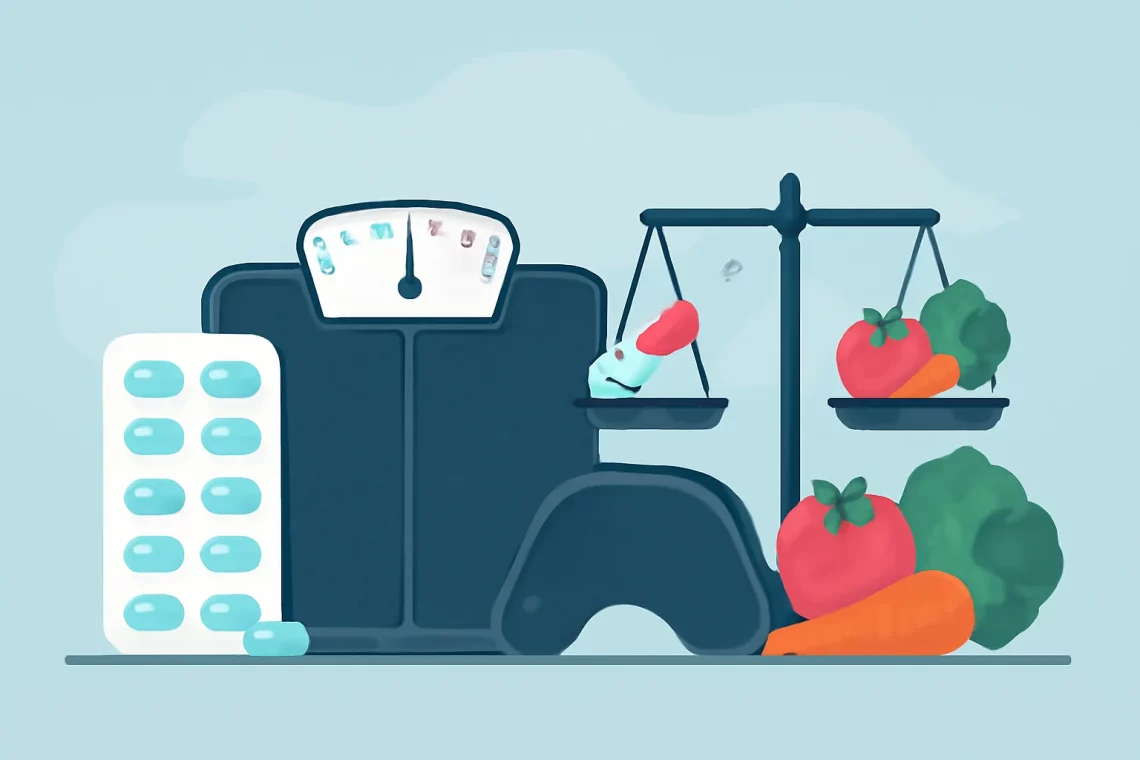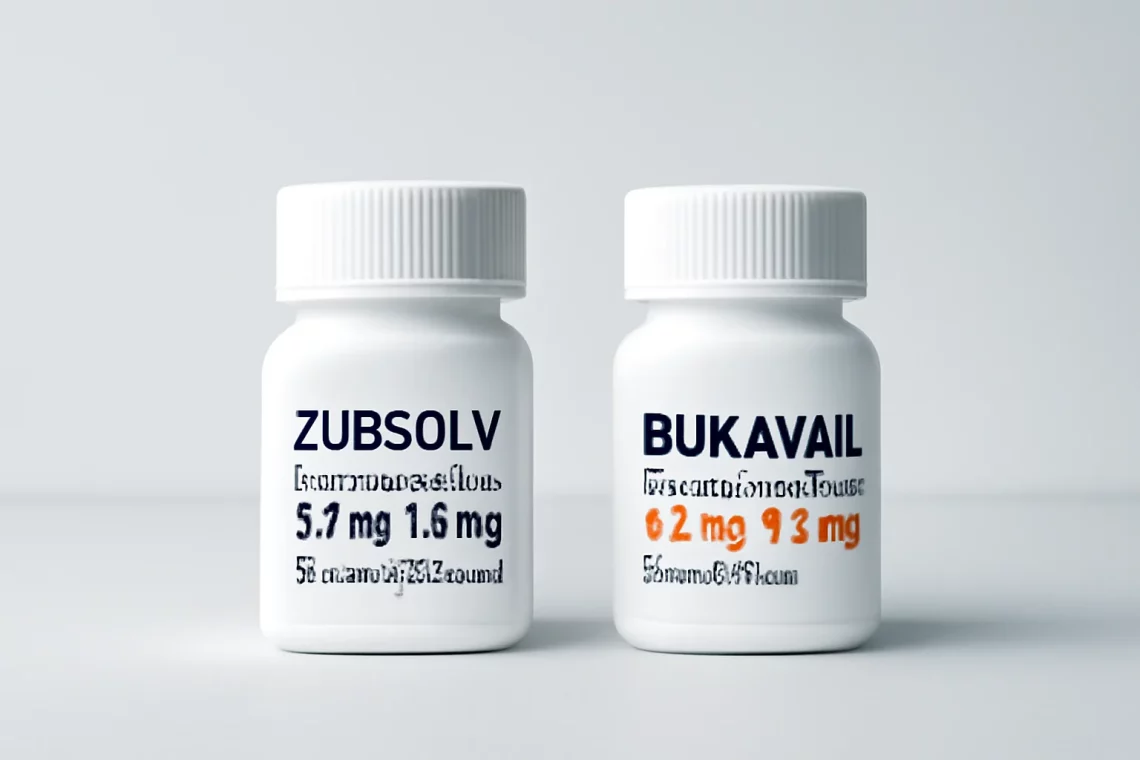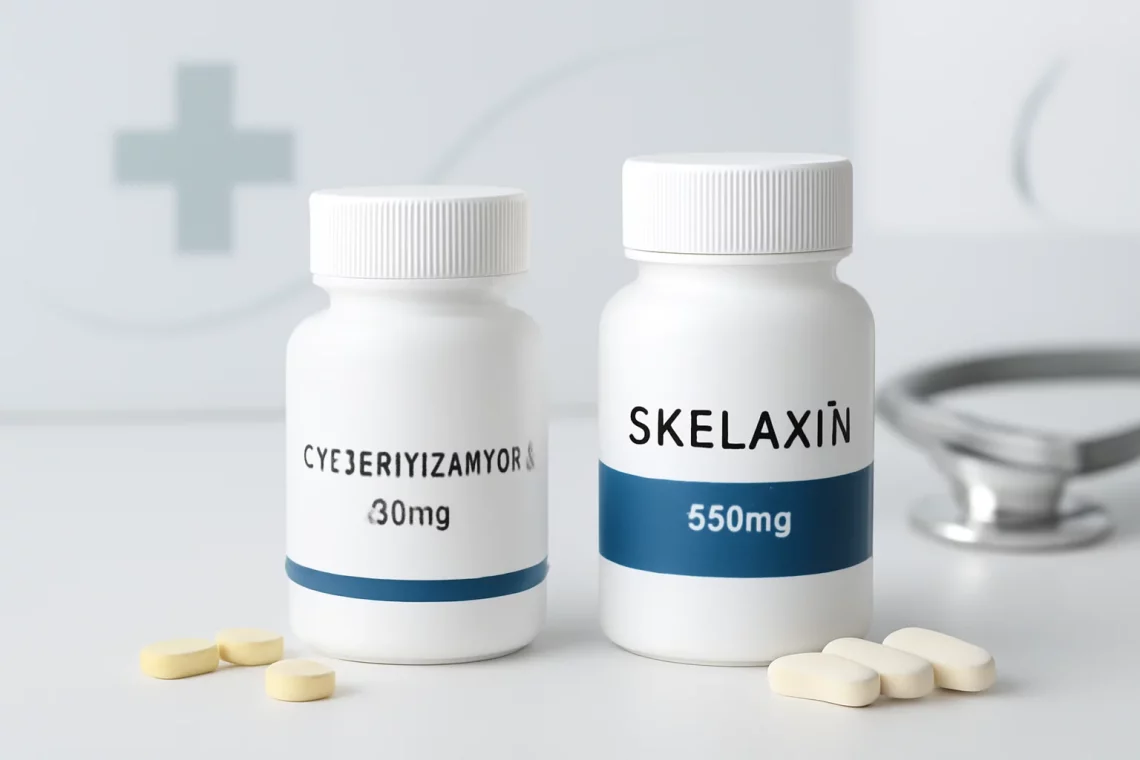-
Cephalexin vs Keflex: Understanding Their Differences and Uses
Cephalexin and Keflex are two terms that often arise in discussions about antibiotic treatments. For many, the distinction between these two names may seem trivial, but understanding the nuances can be crucial for effective treatment. Cephalexin is the generic name for a specific antibiotic that is classified as a cephalosporin. On the other hand, Keflex is a brand name under which cephalexin is marketed. This distinction is essential for patients and healthcare providers alike, as it influences prescription practices and patient education. Antibiotics like cephalexin play a vital role in modern medicine, helping to combat bacterial infections that can range from mild to severe. They work by interfering with the…
-
Benzonatate vs Dextromethorphan: Which Cough Suppressant is Better?
The world of cough medications is vast, encompassing a variety of options designed to alleviate symptoms associated with respiratory conditions. Among these, Benzonatate and Dextromethorphan stand out as popular choices for managing cough. Understanding the differences between these two medications is crucial for anyone seeking effective relief. Benzonatate is a non-narcotic cough suppressant that works by numbing the throat and lungs, reducing the cough reflex. On the other hand, Dextromethorphan, an ingredient found in many over-the-counter cough medications, acts on the brain’s cough center to suppress the urge to cough. Both medications have their unique benefits and potential side effects, making it essential to explore their characteristics, uses, and how…
-
Ativan vs Restoril: Comparing Two Popular Sleep Medications
Ativan and Restoril are two medications commonly prescribed to treat anxiety and sleep disorders. Both belong to the class of benzodiazepines, which are known for their sedative and anxiolytic effects. While they share some similarities in their mechanism of action and therapeutic uses, they also have distinct differences that can influence a physician’s choice when prescribing them. Understanding these differences is essential for patients who may be considering treatment options for anxiety or insomnia. The use of benzodiazepines has become a topic of discussion in recent years, as healthcare providers and patients weigh the benefits against the potential risks associated with long-term use. Issues such as dependency, tolerance, and withdrawal…
-
Lyrica vs Topamax: A Comprehensive Comparison of Two Medications
The landscape of pharmaceuticals is vast and complex, with countless medications available to treat a variety of conditions. Among these medications, Lyrica and Topamax have gained prominence in managing certain neurological and psychological disorders. Both drugs serve specific purposes, but they come with their own sets of benefits and side effects, making the choice between them a critical decision for individuals seeking relief from debilitating symptoms. Understanding these medications requires a deeper look into their mechanisms, uses, and potential side effects. As individuals navigate their treatment options, it becomes essential to evaluate not just the effectiveness of each drug but also how they interact with one another and with the…
-
Zepbound vs Contrave: A Comprehensive Comparison of Weight Loss Solutions
The landscape of weight management has seen a significant evolution over the years, with various medications emerging to assist individuals in achieving their health and wellness goals. Among these, Zepbound and Contrave have gained attention, each offering unique approaches to weight loss and metabolic support. As obesity continues to be a global health challenge, understanding the mechanisms, benefits, and potential side effects of weight loss medications is crucial for those considering these options. Both Zepbound and Contrave aim to aid individuals struggling with weight management, but they do so through different pathways. Zepbound utilizes a novel mechanism of action that targets specific receptors in the brain, while Contrave combines two…
-
Cyclobenzaprine vs Valium: Understanding Their Differences and Uses
Cyclobenzaprine and Valium are two medications that are often discussed in the context of managing muscle spasms and anxiety. As individuals seek effective solutions for various health issues, understanding the differences, uses, and potential side effects of these medications becomes essential. Both drugs have unique mechanisms of action and are prescribed for different conditions, yet they can sometimes be confused due to their similar effects on the body. In this landscape of pharmaceuticals, it is crucial for patients and healthcare providers alike to make informed decisions regarding treatment options. Knowledge of how these medications interact with the body, their indications, and contraindications can significantly influence patient outcomes. As we delve…
-
Zepbound vs Ozempic: A Comprehensive Comparison of Weight Loss Solutions
The rise of modern medicine has led to the development of innovative treatments for various health conditions, particularly in the realm of diabetes management and weight loss. Among these treatments, Zepbound and Ozempic have gained significant attention for their effectiveness in helping individuals manage their blood sugar levels and reduce weight. These medications belong to a class of drugs known as GLP-1 receptor agonists, which mimic the effects of a hormone that helps regulate glucose metabolism and appetite. As more people seek solutions for diabetes and obesity, understanding the differences between these two medications becomes crucial for making informed choices. Both Zepbound and Ozempic have their unique mechanisms of action,…
-
Duloxetine vs Venlafaxine: Which Antidepressant is Right for You?
Duloxetine and venlafaxine are two medications commonly used to treat various mental health conditions, particularly depression and anxiety disorders. Both belong to the class of drugs known as serotonin-norepinephrine reuptake inhibitors (SNRIs), which work by increasing the levels of certain neurotransmitters in the brain. These medications are often prescribed when patients do not respond to selective serotonin reuptake inhibitors (SSRIs) or when their symptoms require a broader approach to treatment. The choice between duloxetine and venlafaxine can be challenging for both healthcare providers and patients. Factors such as the specific symptoms being treated, the side effect profiles of the medications, and individual patient responses can all influence this decision. Additionally,…
-
Zubsolv vs Bunavail: Which Medication is Right for You?
In recent years, the opioid crisis has prompted the development of various medications aimed at helping individuals struggling with opioid dependence. Among these medications, Zubsolv and Bunavail have emerged as popular options. Both are designed to assist individuals in managing their addiction and reducing cravings. However, despite their similar purposes, these two medications possess distinct characteristics that may influence a patient’s choice. Zubsolv and Bunavail are both formulations of buprenorphine and naloxone, two active ingredients known for their effectiveness in treating opioid use disorder. Buprenorphine works by partially activating opioid receptors in the brain, alleviating withdrawal symptoms and cravings, while naloxone serves to counteract the effects of opioids in case…
-
Cyclobenzaprine vs Skelaxin: Comparing Muscle Relaxants for Pain Relief
Cyclobenzaprine and Skelaxin are both widely used medications in the realm of muscle relaxants. These medications play a crucial role in alleviating muscle spasms and discomfort, often resulting from injuries, overexertion, or conditions such as fibromyalgia. Understanding the differences, benefits, and potential side effects of these drugs is essential for patients considering their use. The choice between Cyclobenzaprine and Skelaxin can significantly influence treatment outcomes, as each medication has its unique properties and indications. As muscle relaxants, they act on the central nervous system to reduce muscle tension and enhance mobility, which can be particularly beneficial in rehabilitation settings. Both medications have their advocates and specific circumstances under which they…







































